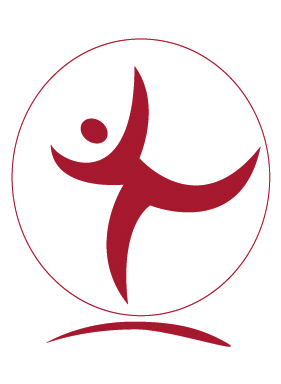Select an item by clicking its checkbox

Discovering Student Learning in the Religious Site Visit Assignment
Proposal abstract :
Support for a small research project to identify the goals of the religious site visit assignment with respect to student learning. Specific project goals include: 1) a workshop for Georgia faculty to discuss the religious site visit assignment and determine how best to assess student responses in an experiential learning environment; 2) conduct research using student survey responses to visiting religious sites as well as faculty reflective responses on its implementation; 3) from the data determine practices which either benefit or limit student learning using the experiential pedagogy of a religious site visit assignment; 4) share the results via publication and presentation.
Learning Abstract :
This small grant project was comprised of two parts: a workshop of 18 faculty teaching in Georgia, and a student survey. At the workshop, participants had the opportunity to learn about some of the advantages and challenges of utilizing a religious site visit assignment in their courses through both presentation materials and roundtable peer discussions. Out of this experience a student survey was developed and then implemented in three Georgia institutions during the Spring 2014 semester to collect data on student perspectives in their religious site visits. Though the overall influence on students' attitudes towards other religions was rather unclear from the survey results, they still pointed in two directions. First, some students maintained an essentialist understanding of religion, which was a little surprising since the assignment was geared to thwart this potential pitfall. Second, other students found this assignment extremely worthwhile from an experiential standpoint.
Support for a small research project to identify the goals of the religious site visit assignment with respect to student learning. Specific project goals include: 1) a workshop for Georgia faculty to discuss the religious site visit assignment and determine how best to assess student responses in an experiential learning environment; 2) conduct research using student survey responses to visiting religious sites as well as faculty reflective responses on its implementation; 3) from the data determine practices which either benefit or limit student learning using the experiential pedagogy of a religious site visit assignment; 4) share the results via publication and presentation.
Learning Abstract :
This small grant project was comprised of two parts: a workshop of 18 faculty teaching in Georgia, and a student survey. At the workshop, participants had the opportunity to learn about some of the advantages and challenges of utilizing a religious site visit assignment in their courses through both presentation materials and roundtable peer discussions. Out of this experience a student survey was developed and then implemented in three Georgia institutions during the Spring 2014 semester to collect data on student perspectives in their religious site visits. Though the overall influence on students' attitudes towards other religions was rather unclear from the survey results, they still pointed in two directions. First, some students maintained an essentialist understanding of religion, which was a little surprising since the assignment was geared to thwart this potential pitfall. Second, other students found this assignment extremely worthwhile from an experiential standpoint.